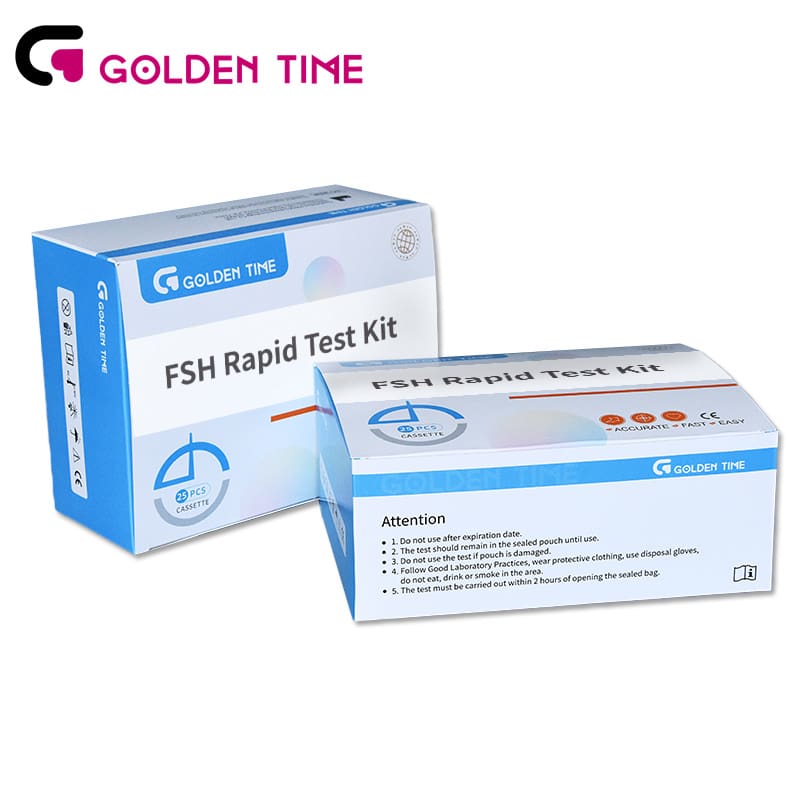Dec . 24, 2024 13:35 Back to list
Understanding Hemoccult Stool Test and Its Manufacturer Information for Effective Screening
Understanding the Hemoccult Stool Test A Manufacturer's Perspective
The Hemoccult stool test has long been an integral tool in the early detection of gastrointestinal bleeding, which can be indicative of serious conditions such as colorectal cancer, polyps, and other disorders. As a manufacturer of this vital diagnostic tool, it is our responsibility to ensure that healthcare providers have access to high-quality, reliable products that patients can trust. This article explores the importance of the Hemoccult stool test, the manufacturing standards behind it, and its impact on patient care.
The Importance of the Hemoccult Stool Test
The Hemoccult test detects hidden (occult) blood in the stool, a symptom that should never be overlooked. Early detection of gastrointestinal issues can significantly improve treatment outcomes. For instance, colorectal cancer is one of the leading causes of cancer-related deaths globally. Studies have shown that when detected early, the survival rate for colorectal cancer can dramatically increase, leading to more favorable prognoses and less invasive treatment options.
Manufacturers play a critical role in ensuring that the Hemoccult test is both accurate and easy to use, which ultimately impacts patient outcomes. The test provides a non-invasive method for screening, making it accessible for a larger population, thus encouraging more individuals to participate in regular screenings.
Manufacturing Standards and Quality Control
The manufacturing of the Hemoccult stool test adheres to strict regulatory standards
. In the United States, for example, the Food and Drug Administration (FDA) oversees the approval and quality of medical devices, including diagnostic tests like Hemoccult. Manufacturers must comply with Good Manufacturing Practices (GMP) to ensure the safety, effectiveness, and quality of their products.hemoccult stool test manufacturer

Each step in the manufacturing process, from raw material sourcing to assembly and final packaging, is rigorously controlled. Quality control measures are in place to conduct regular testing of the product batches to ensure consistency and reliability. Innovations in manufacturing technologies also contribute to improved sensitivity and specificity of the tests, making them more effective at detecting hidden blood.
Additionally, continuing education and training for healthcare providers on how to use the Hemoccult test correctly is vital. This ensures that the test is conducted properly, and results are accurately interpreted. As a manufacturer, we are committed to providing thorough training and support for healthcare professionals.
The Impact on Patient Care
The Hemoccult stool test not only assists in the early identification of gastrointestinal bleeding but also facilitates patient engagement in their health. Patients who are aware of their screening options are more likely to participate in regular check-ups. This proactive approach towards health can lead to early intervention and better treatment outcomes.
Moreover, the test is designed to be user-friendly for both healthcare providers and patients. The simplicity of administering the test means that patients can often collect samples at home, providing convenience and comfort. This characteristic lowers barriers to testing and increase participation in essential screening programs.
Conclusion
In conclusion, the Hemoccult stool test represents an essential tool in the early detection of gastrointestinal issues, particularly colorectal cancer. As a manufacturer, we understand the significance of producing reliable, high-quality tests that healthcare providers can depend upon. Our commitment to adhering to manufacturing standards and providing excellent training resources ensures that providers are equipped to deliver the best care to their patients. Ultimately, the Hemoccult stool test not only serves as a diagnostic tool but also fosters a culture of preventative care, encouraging patients to take proactive steps in managing their health. By continuing to advance our manufacturing processes and products, we aim to support the fight against colon cancer and assist in improving patient outcomes through early detection and intervention.
-
Reliable Early Pregnancy Test Kit Supplier - Multi Plastic Cassette Options
NewsJul.30,2025
-
Transferrin Rapid Test Cassette – Reliable Tumor Marker Detection
NewsJul.29,2025
-
Accurate Follicle Stimulating Hormone Test Kit | Rapid Reliable Results
NewsJul.29,2025
-
High Accuracy LH Ovulation Test Kit - Digital Results & Wholesale Options
NewsJul.29,2025
-
HbsAg Blood Rapid Test Kit for Fast & Accurate Hepatitis B Detection
NewsJul.28,2025
-
Sterile Urine Cup for Safe & Easy Collection | High-Quality Specimen Cups
NewsJul.28,2025

